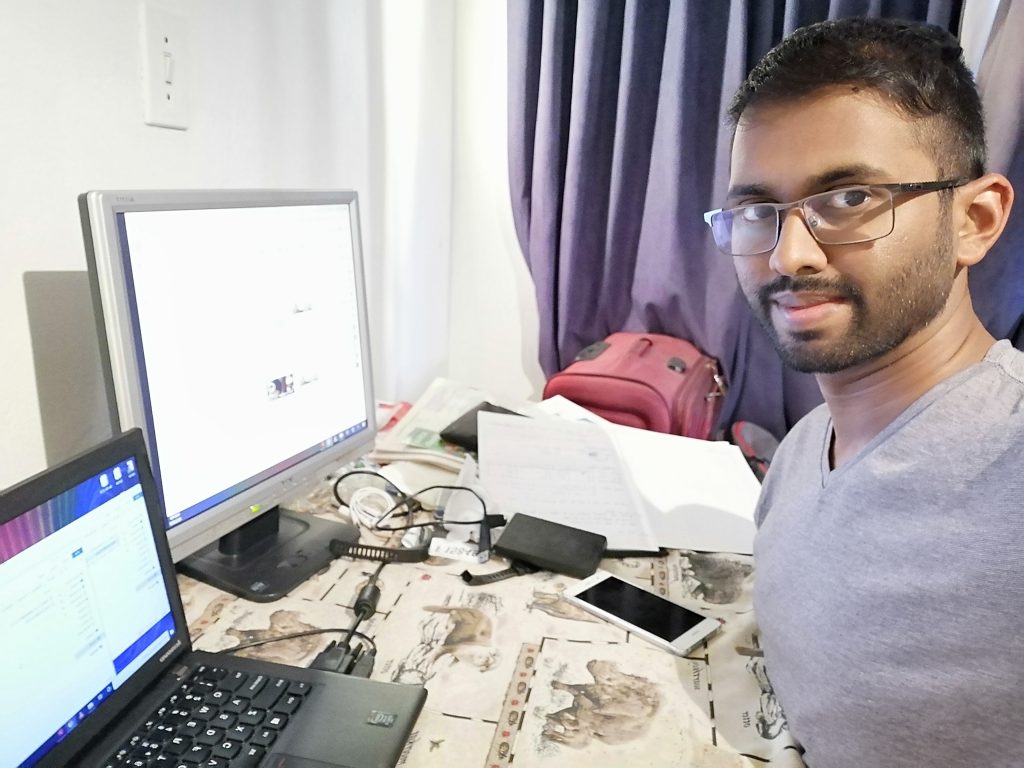This is me at the start of my trading journey in September 2020 when I registered Pneuma Capital. Armed with some education and high levels of enthusiasm, I entered the markets with the expectations of making cash rain down from the sky. One year later, I realize my wide-eye enthusiasm overestimated the capital gains and completely underestimated the difficulty of making money in the markets. The Dunning-Kruger effect tends to hit hard at the beginning of any difficult endeavor. Nevertheless, there are some lessons to be learnt from my struggles which I believe can help you in your journey. These lessons can be useful to anyone in their trading journey, however they are mainly aimed at beginners.

Keep your account small
Nothing makes sense when starting the trading journey. There are many components to become accustomed to and nothing really makes total sense at the beginning – which makes it very easy to lose money. Because of this, it is imperative to keep your account small. Use this phase to learn and try new things. With a small account, the maths with risk and money management are simpler and can help solidify your trading business. You are free to experiment without losing significant amounts and you tend to get used to the emotional stresses. You are able to do many repetitions to build your trading muscles.
Build your business
A business is designed to make money. The goal of trading is to make money. By this loose comparison, trading has to be treated like a business. Your trading must include plans (on paper) which details how your business may make money and how it may lose money with an associated risk management plan. It should outline the equipment needed, tax compliances and how to attract investors (if that is the goal). Documents must be created to keep records to analyze how to reduce losses and improve profits. All actions of making money in trading are associated with running a business.
Consistency over perfection
Value consistency over perfection, as an over-emphasis on perfection can be a crutch to progression. Trading is a skill that can be developed with consistent effort and drive. The endeavor to achieve consistent profits requires a professional attitude to show up and tackle the markets every day. Aim to be consistent in your analysis, routines, times, documentations, reviews and research. It is physically impossible to find the best entry and exit points at the right edge of price action, so do not aim for perfection – simply aim to be consistent to allow your skills to compound over time.
What other lessons should you focus on as a beginner trader? Let us know in the comments below. We’d love to hear your thoughts.

